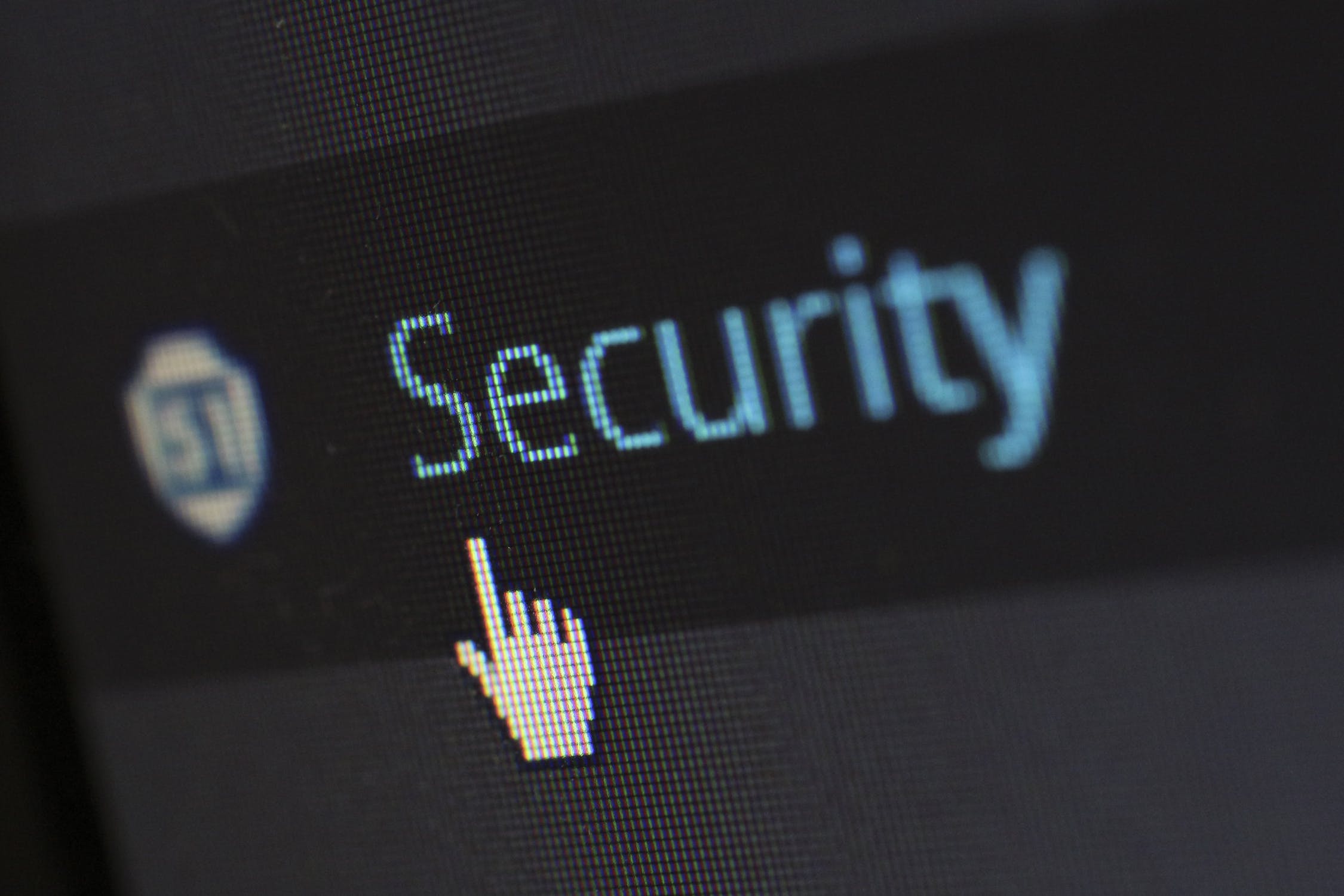- Ensure you’re putting into place the proper security measures to protect your meeting!
As the use of Zoom has exploded so too has the incidents of uninvited guests and claims of serious security risks. These are more than rumors and should be taken seriously. Large meetings have been interrupted by “Zoombombers” who are looking for excitement by sharing vulgar and obscene audio and visual media. If you want to avoid having your prayer meeting or service interrupted it’s critical that you use all the best practices listed here.
- Don’t publish your links with the password
- Update Zoom to reduce risks
- Use a VPN if you have one
- Be aware of the risks (Zoom shares some information with China)

Zoom has recently enforced mandatory passwords on meetings that are setup. those who have the direct link do not need to enter the password which is beneficial to keep the barrier of entry low, however, that means if your link is shared publicly you can’t control who joins. DO NOT SHARE YOUR ZOOM LINK ON A WEBSITE. There are tools that are built to crawl through the web looking for unsecured links to Zoom meetings

Another beneficial feature for small meetings is the waiting room. I believe Zoom has Enabled this means you have to manually approve people to join the room. It’s more work for the admin, so if you’re leading the meeting having others take this responsibility would be ideal. If you have a large meeting of 25+ people with many joining over time this setting could get very difficult to manage. All of these settings can be found on the website when scheduling a new meeting.
There are other options out there if you’re looking for other meeting and messaging platforms. This article from Forbes explains a few of those options.
Additionally it has come out that Zoom has routed some calls through China. They claim this was accidental and have made adjustments to ensure it doesn’t happen again. A good assumption is that anything routed through servers in China is NOT private. While may not be a major deal for some it can be for others. Sharing information related to churches and Christians in China can potentially create a significant risk for them.



Comments are closed